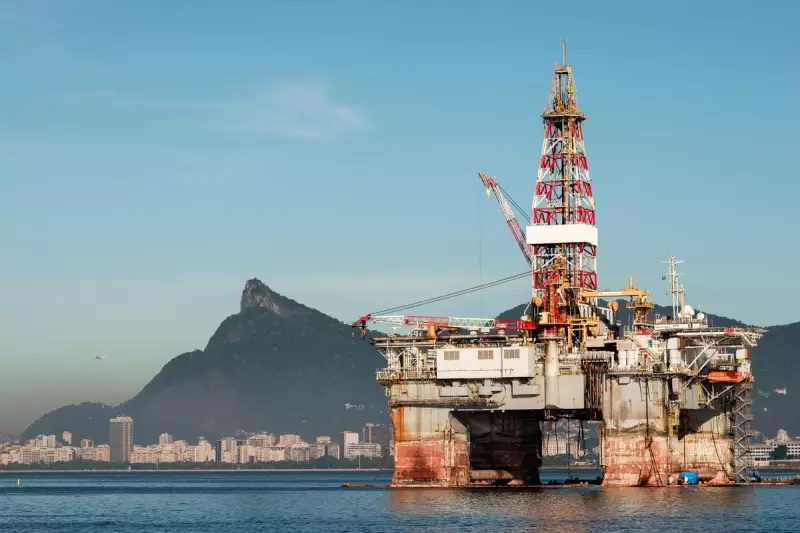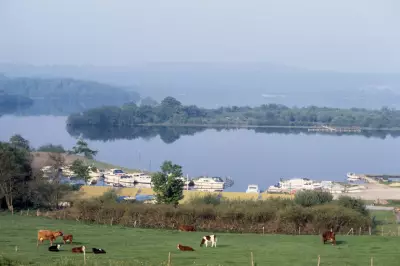
In a move that has stunned environmentalists worldwide, Brazil's President Luiz Inácio Lula da Silva is actively courting major oil corporations to drill near the mouth of the Amazon River, even as his government prepares to host the critical COP30 UN climate summit in 2025.
The Amazon's Climate Summit Host Seeks Fossil Fuel Expansion
Fresh analysis reveals that Brazil's state-controlled oil company Petrobras is aggressively pursuing approval for controversial offshore drilling projects in the ecologically sensitive Foz do Amazonas basin. This region contains an estimated 14 billion barrels of crude – potentially the largest untapped reserve in tropical waters globally.
President Lula's administration finds itself walking a political tightrope, attempting to position Brazil as a global climate leader while simultaneously expanding the nation's fossil fuel infrastructure. This contradiction hasn't gone unnoticed by climate activists and international observers.
Environmental Warnings and Political Backlash
Brazil's own environmental protection agency, Ibama, has repeatedly denied drilling licenses in the area, citing "significant uncertainties" about environmental impacts and insufficient emergency response plans for potential oil spills. The agency specifically highlighted concerns about effects on indigenous communities and fragile coastal ecosystems.
Despite these warnings, President Lula has taken a remarkably different stance. During a recent industrial policy meeting, he declared: "We respect the environment, but we need to explain to Brazilians that there is no contradiction between preserving the environment and drilling for oil."
The International Community Reacts
Climate experts and diplomatic sources express growing concern about Brazil's conflicting positions. With COP30 scheduled for Belém, a city at the edge of the Amazon rainforest, many question how Brazil can credibly lead global climate negotiations while expanding fossil fuel extraction.
One European diplomat anonymously noted: "There's increasing apprehension about mixed messages coming from Brasília. Hosting a climate summit requires moral authority that may be compromised by aggressive oil expansion."
Economic Pressures Versus Climate Commitments
The tension reflects Brazil's broader struggle to balance economic development with environmental stewardship. The proposed drilling projects promise significant revenue and job creation, powerful incentives for a developing economy.
However, climate scientists warn that exploiting the Amazon basin's oil reserves could release catastrophic amounts of carbon dioxide into the atmosphere, undermining global climate goals and threatening the rainforest's fragile ecosystem.
As preparations for COP30 intensify, all eyes remain on President Lula's next moves. Will he prioritise Brazil's potential as a green energy leader or yield to the immediate economic appeal of fossil fuel expansion? The world is watching closely.





